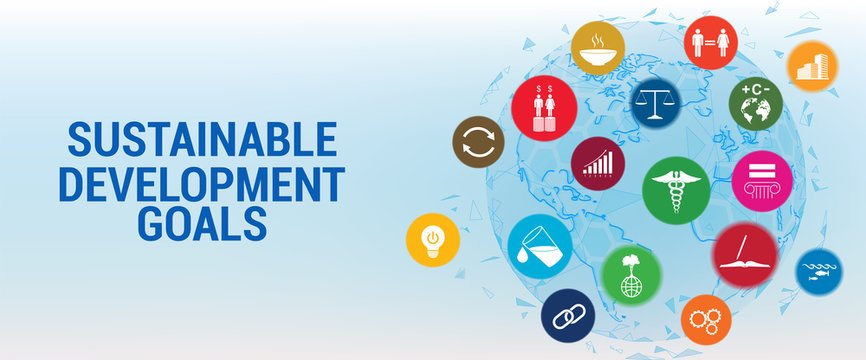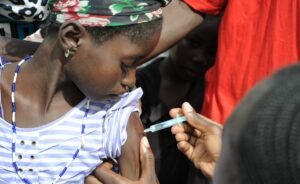Dr Patrick Dakum, CEO, of IHVN said this at a news conference on Tuesday in Abuja.
The news conference was in commemoration of the institute’s 20 years of Excellence in Public Health Implementation, Capacity Building and Research in Nigeria.
Dakum said that the pivotal role of collaboration in driving public health initiatives had saved lives and strengthened healthcare infrastructure across the country.
“We have worked with all the 36 state governments at one point or another and we are very grateful for their support.
“But we have also worked extensively with the private sector and global partners.
“Funding from the U.S. Centers for Disease Control and Prevention (CDC), the Global Fund, the Bill and Melinda Gates Foundation and the National Institutes of Health (NIH) has been critical.
“It has helped l in enabling us to achieve our goals,” he said.
He said that these partnerships had brought financial resources as well aa technical expertise and innovative approaches in tackling some of Nigeria’s most pressing health challenges like HIV/AIDS, tuberculosis and malaria.
He said that through collaboration with these global entities, the country had been able to establish two key institutions: the Public Health Implementation Center and the International Research Center of Excellence.
He further announced plans to expand these efforts by developing a learning and development centres that would offer degree-awarding programmes in partnership with universities at locally and abroad.
“These centres have allowed us to go beyond just treating patients and we are now building capacity through trainings in clinical management and palliative care, as well as conducting cutting-edge research.
Behind every number is a human being from a family. How the quality of life of that person improved and the life that has been saved is what gives us the most joy,” he said
While agreeing that these achievements are impressive, Dakum said that the true impact of these programmes lied not in statistics, but in the lives that have been saved and improved.
According to him, one such example is the work being done in palliative care.
“With support from international donors, IHVN has been able to train healthcare workers across Nigeria to provide compassionate, patient-centred care for individuals with life-limiting illnesses.
“This initiative has given dignity to patients and their families, ensuring that the end of life is met with comfort and care,” he said.
He stressed the need for sustained collaboration with local governments, private sector entities, and international donors.
“The road ahead for Nigeria’s public health sector is filled with both challenges and opportunities.
“However, with the organisation laid by years of collaboration and support from key partners, the future looks promising.
“As we celebrate these milestones, it is important to remember that this is not just about numbers or infrastructure, it is about saving lives and improving the quality of life for millions of Nigerians,” he said.
He also said that it was important to build upon existing health successes and infrastructure rather than reinventing systems with new ideas.
He highlighted the critical need for continuity in Nigeria’s healthcare response.
“Anything that has been established that is good, build on it if you are head of a government agency,” he said.
He said that without improvements in areas like water supply, nutrition, and infrastructure, health gains would be limited.
He called for collaboration with universities, and also suggested a broader strategy to foster innovation and growth in health education and research, ensuring a sustainable future.
The News Agency of Nigeria (NAN), reports that IHVN was incorporated in October 2004.
It started with the implementation of a grant by Professor William Blattner, who was the Director of the Epidemiology Division of the University of Maryland, Baltimore’s Institute of Human Virology.
The Institute was established to outlast the grant and address the HIV/AIDS crisis in Nigeria by developing infrastructure for treatment, care, prevention, and support for people living with and affected by HIV.
The institute has expanded its services to other infectious and non-infectious diseases as it continues to provide quality health services and capacity building.







